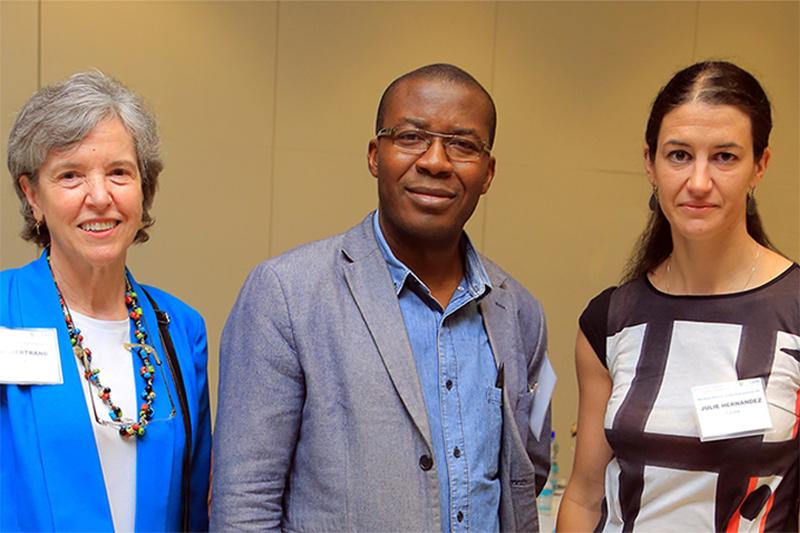Tulane researchers awarded millions to increase family planning in Central African nation
The Central African Forest Initiative (CAFI), a multi-donor program to reduce the human impact on tropical rainforests in Central Africa, recently awarded $7.2 million to a team of researchers at Tulane University School of Public Health and Tropical Medicine. Drs. Jane Bertrand, Arsene Binanga and Julie Hernandez of the Department of Health Policy and Management will spearhead the project. The team’s goal is to increase contraceptive use in the Democratic Republic of the Congo (DRC).
CAFI, launched at the UN Sustainable Development Summit in September 2015, aims to support governments in the region as they implement reforms and enhance investments to address such challenges as poverty, food insecurity and climate change. These all put pressure on their tropical forests.
“This project is unique in that funding for the preservation of forests is being invested in family planning,“ says Bertrand. “It recognizes the close link between population pressure and degradation of forests.”
Central Africa is home to the world’s second-largest tropical rainforest area with over 593 million acres. Although the annual rate of natural-forest loss is declining in Africa, the UN Food and Agriculture Organization Global Forest Resources Assessment revealed an annual loss in the Central African region of about 7.7 million acres of natural forests in the last five years. Policy and governance reforms in the region are advancing, but efforts to conserve and sustainably use forests are still fragmented and underfinanced.
This award builds on four ongoing family planning projects, headed by the same Tulane team, in the DRC. It will be administered through the Kinshasa office of Tulane International LLC, the largest TILLC office in the Tulane system worldwide. The United Nations Office of Project Services (UNOPS) will have fiduciary oversight of Tulane and two other implementing partners, DKT International and Marie Stopes International.

